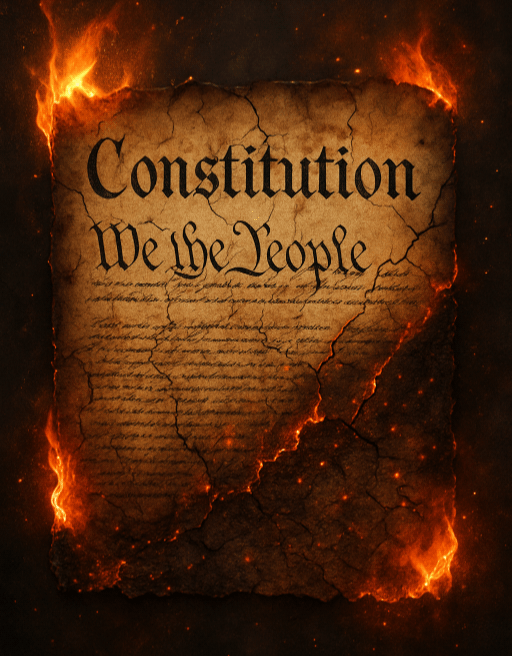Instead of a Benghazi Committee, Why Not a Surveillancegate Committee?
Today, the Des Moines Register’s editorial board weighed in on the House Benghazi Committee’s legacy to date. Here’s the meat of the piece:
Today, the Des Moines Register’s editorial board weighed in on the House Benghazi Committee’s legacy to date. Here’s the meat of the piece:
Congressional Republicans have spent almost three years examining the 2012 deaths of four Americans at a diplomatic compound in Benghazi. Now, despite the fact that no new information has been unearthed for well over a year, the House Select Committee on Benghazi seems poised to continue its work and issue some sort of a report on Benghazi in the fall of 2016, shortly before the general election.
The House committee is the eighth congressional panel to look into Benghazi and the manner in which the Obama administration publicly portrayed the attack on the U.S. embassy in weeks leading up to the 2012 presidential election.
It was matter deserving of close congressional scrutiny. Legitimate questions were raised about whether State Department employees were provided with adequate security and whether the Obama administration deliberately tried to conceal the cause of the attack.
But these questions were answered definitively more than a year ago: Security was lacking in the sense that it clearly wasn’t sufficient to prevent the deaths of four Americans. The State Department miscalculated the growing risk to the U.S. ambassador and his colleagues. As for the cause of the attack, it has been confirmed that American intelligence officials did, initially, believe the now-discredited theory that an inflammatory anti-Islamic video, rather than terrorism, was behind the attack.
Despite these findings, the House Select Committee has reportedly spent 4.6 million tax dollars digging deeper into Benghazi and anything peripherally related to former Secretary of State Hillary Clinton and Libya. To date, it has found nothing of substance, which was made abundantly clear during last week’s marathon grilling of Clinton.
I agree. What the Register’s editors did not say was what major issue House Republicans should’ve spent the nearly $5 million and a year of their time investigating. The answer is easy: the federal government’s massive, out-of-control Surveillance State, as revealed by whistelblower’s Thomas Tamm, Edward Snowden, and others.
Earlier this year, I noted the House Judiciary Committee’s anemic response to the Snowden revelations:
When the House Judiciary Committee considered the USA Freedom Act in May 2015 — one of the few bills introduced in response to Snowden’s revelations — committee chairman Rep. Bob Goodlatte of Virginia claimed the committee had conducted “aggressive” oversight of the issue through a total of three hearings.
As ProPublica noted, Snowden exposed literally dozens of NSA programs and activities that have a direct impact on the constitutional rights of Americans living at home or abroad. The House Judiciary Committee’s three hearings did not even scratch the surface of those programs.
Most of 2016 is gone, and nothing has changed: there is still no comprehensive Congressional investigation into the largest domestic spying scandal since the Nixon era. Recent European Union legal and political actions have affirmed the gravity of Snowden’s revelations, but those actions have had zero impact on a House GOP conference that remains obsessed with the Benghazi debacle — even as the Fourth Amendment rights of Americans remain compromised daily by the NSA’s surveillance excesses. Whether new House Speaker Paul Ryan will move to end domestic spying will depend largely on whether House GOP members who have voted for real surveillance reform are willing to take the next logical step and demand the creation of a new Church Committee.
I’m not holding my breath.





